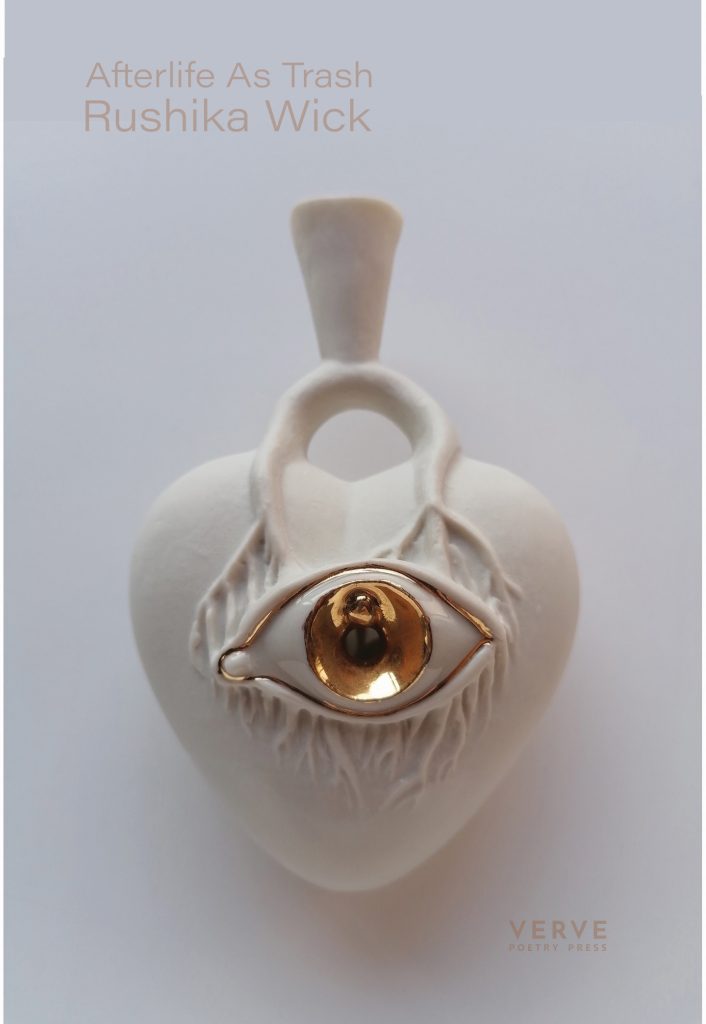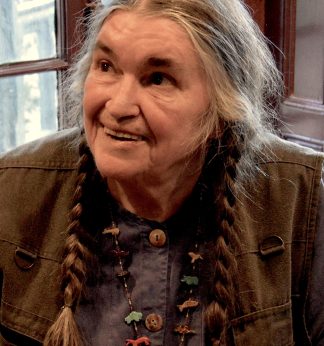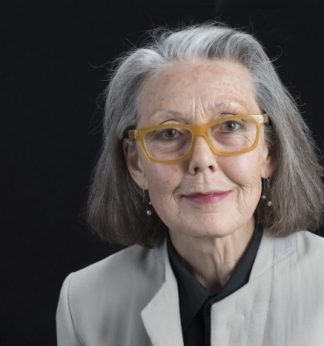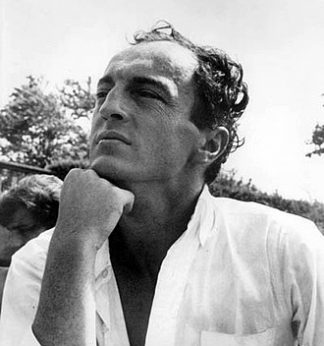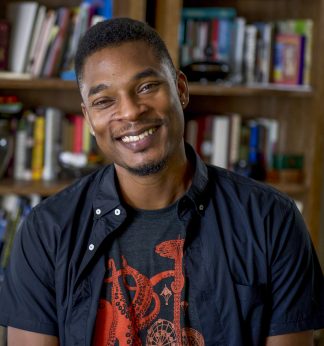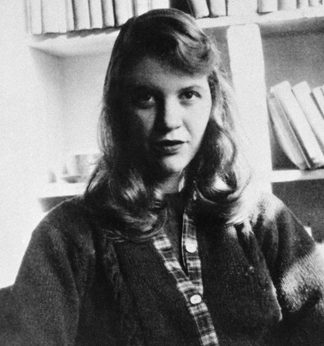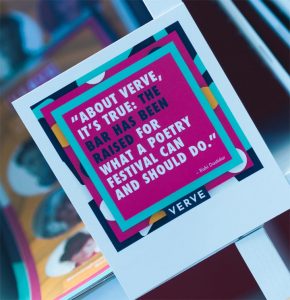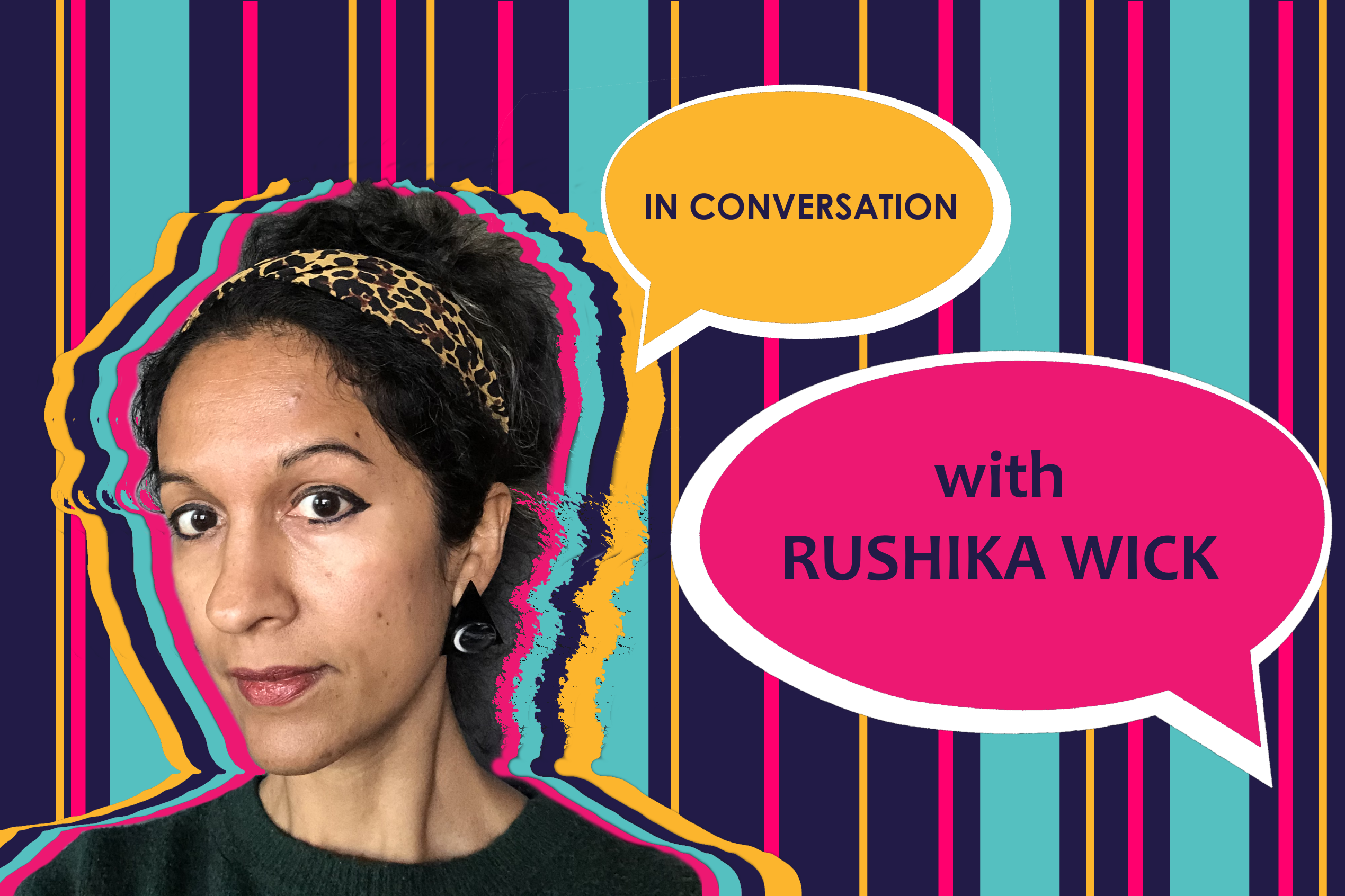
This month, we caught up with Rushika Wick. After a stellar poetry year and the release of her collection Afterlife As Trash, she reflects on the how and why of her work as well as its brilliant reception…
Hello! As always, we start with a catch-up: how are you doing? What have you been up to?
I’ve been observing the lack of differentiation between the seasons with a sense of dystopian dread and countering this by swimming in open water, reading incredible books and hugging people I love inside as many different buildings as possible (we are privileged to have plenty of vaccines available here). One of the things I’ve developed since the series of lock-downs is a deeper appreciation of nature, another is awareness of the poetics of physical space.
Swimming is turning out to be a trend in the poets we’ve talked to this year – Shazea Quraishi talks about it in her interview too.
In terms of news, I’m excited to be an editor for a forthcoming project run by sunseekers poetry and Carnaval Press exploring the broad definitions of ‘Disease’ – follow us on Instagram for the submission period! I’ve also joined the assistant editorial team at Tentacular with a forthcoming issue on Technology (also submit!) Having grown up in a family of cosmologists, nanotechnologists and biologists, this is a dream come true. Asimov remains a favourite author and I’m enthralled by how Jorie Graham writes from the future perspective in her latest collection Runaway.

It’s amazing to hear that you’ve got so many exciting things going on! Speaking of enthralling collections, could you tell us a bit about your weird and wonderful creation Afterlife As Trash?
Afterlife As Trash (I now wish was lower case to be anti-power differential) is a political work exploring ways in which people’s freedoms and lives are constrained and bewitched by systemic controls. In particular, that of late capitalism and the patriarchy. The title alludes to the idea of deferred spiritual gratification being the norm and displaced by material pursuits or distractions.
It invites consideration of the term “trash” which is meaningless as all things can be re-used, recycled in the way that all matter and energy is finite. Waste is arguably a capitalist construct and an extremely harmful one. I’m privileged to have had Fran Lock review the collection with the sharpest senses and wit in Culture Matters (online) magazine- she probably understands the work better than I do, so maybe read her review.
The book also explores our ecological stance as a species in a very between-the-cracks manner. Weeds or wild flowers of such ideas and of the need for a new relationship with nature push through. Ana Seferovic (Verve release pending!) sent me a podcast (LARB) where a performance artist witch – ‘The Oracle Of LA’ – was interviewed. She views green Wicca as being political, as it provides a radical re-engagement with our natural environment via enchantment as a process. This is profound to me.
There are so many of these wonderful and complex ideas explored in the collection – our editor Stuart Bartholomew has said he was hooked from page one! Could you tell us about the first poem of the collection, ‘Diaries Of An Artist in Hiding’?
Diaries was written on the way to work listening to the radio covering the plight of zero hours contract workers during the pandemic, thinking about the struggles some of my artist friends were experiencing. Spending their time doing things they did not enjoy so that they could put food on the table. I find my work as a paediatrician in the NHS very rewarding but at times I am saddened that I would not be supported (by society) to take time out to purely write. There is a false discourse for not valuing The Arts, denying their ethical, therapeutic and heuristic drives which is retrograde.
You won’t find any arguments from us there—we’re grateful for every opportunity we get to platform exciting, interesting and meaningful art but it’s rarely easy.
It sounds like that poem in particular was born from a combination of an idea that had been brewing for a while and an external jumpstart. Afterlife As Trash is such an eclectic collection, it would be interesting to know if your writing process reflects that.
The process is chaotic. I write without a plan, often during liminal times – falling asleep or in transit. Thankfully Bernadette Mayer endorses lucid dreaming for best writing.
Much is “found” – either from overheard snippets of conversation, thoughts on paintings or inspiration from other artists and human beings. The poems form like photographic negatives. The collection was pulled together as I realized I had written around the same questions and theme afterward.
I am influenced by everything around me, but some stylistic muses from the canon include Ann Carson, Frank O’Hara, Bukowski, Terrance Hayes and Sylvia Plath. Also Patti Smith, Rave culture and Picasso. I’m not young anymore which is great because I’ve read more and care less.
There are a whole host of characters who flash in and out of being in the pages of this collection – can you give us some insight into where they come from for you?
I’m more of a visual person and will see/ inhabit a character as I write, which I usually don’t question. They are a multitude but are mostly outsiders in some way, looking in on the world, and in that sense are a chorus. I have been accused of being an unreliable narrator which I partly attribute to a collectivist upbringing in a Sri-Lankan family where there is never just your own voice. I hope I keep a reader with me by the writing being fresh and via thematic continuity, although voice and narrator may change. Perhaps like being at a party rather than catching up with one friend.
Love that as a metaphor. And it certainly does seem like readers enjoyed the party, to say the least. Your poetry has had a brilliant year, from featuring in The Telegraph and The Poetry Review to being well reviewed from Fran Lock as you’ve mentioned and Anthony Anaxagorou who called it ‘breathtakingly impressive’. You’ve recently been highly commended in the Forwards! What has that been like?
I had no idea how it would be received. I write so that I may see. I have imposter syndrome like many of us, for me because I’m not an academic literary writer. Having said that, a big part of my writing is about the community – it doesn’t occur in a silo. Writing groups, performance and The Poetry School have been formative – I live with inspiration all around me and it means so much to have writers I admire support my work as well as readers I’ve never met.
There is of course the hope that you do your publisher justice – I’m lucky that Verve picked this up, that the editor Stu Bartholomew is passionate about variety in poetry and had faith in my work. When I look at the panel of other Verve poets I am very grateful to be amongst them. Many of them are boundary-pushing and occupy unique and active spaces.
They are a lovely bunch, aren’t they? We’re very proud to have you among them.
Rushika launched Afterlife As Trash alongside collections from three more of our amazing poets on May 6th 2021
Finally, the inevitable question: working on anything new?
Haha, I’m trying to write a semi-ecological series using only found words from one book. It’s quite hard and I may give up. I have some visual work curated by the talented S J Fowler coming out in the Seen Not Heard anthology – Kingston University Press, in October. I’m also making poem objects such as contemporary prayer-bandages for pregnant women and love letters to plants.
That sounds magnificent, we can’t wait to see what you do next! Thank you so much for talking to us and good luck with all your experiments!
For more from Rushika, check out her collection Afterlife As Trash or read more about her on her author page here!

